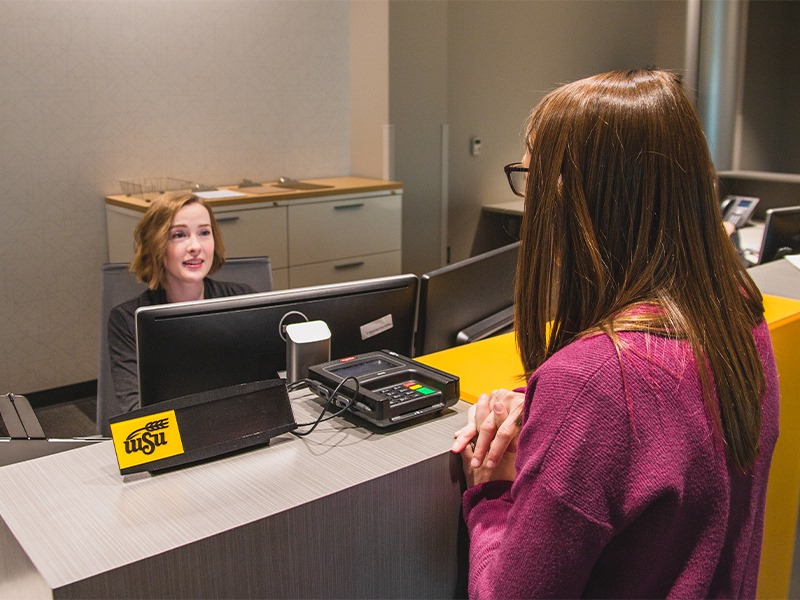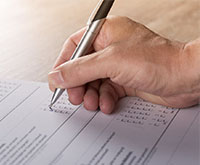Distracted Driving
Distracted driving is when a driver is giving their attention to something other than driving while on the road. This can include using their phone, adjusting the car radio, taking a phone call, texting, and even eating while driving. This can lead to car accidents and is a prominent issue in the United States.
Driving while texting increases your chance of being involved in or causing a car crash. Being distracted can significantly decrease your reaction times. Alcohol can also significantly decrease reaction times.
Practices for driving undistracted
Here are some ways that you can prevent distractions while driving:
- Turn your phone on do-not-disturb. Some phones have a setting that will mute your messages and calls while you are in the car. This can reduce the likeliness that you will use your phone while driving. If at some point, you need to take a call or send a message, have a passenger do so for you, or pull over to a safe location.
- Do not drive while impaired (due to medication, alcohol, and illegal substances). Alcohol and certain medications can reduce reaction times.
- Eat before / after driving. If you want to eat food, pull over to do so. Eating while driving can be a significant distraction on the road.
- Keep your radio tuned to the same channel, and don’t change your music while on the road. If you are listening to the radio, make sure to keep it tuned to the same channel. If you want to change the channel, or change the podcast/music you have been listening to through your phone, pullover to a safe area before doing so. Changing a radio station or music on your phone can be a significant distraction from the road.
- Do not drive when you are tired. Driving when you are fatigued can be very dangerous. Reaction times can be much slower with a distracted and tired mind. If you are feeling tired, make sure to stop somewhere and rest before continuing your drive. If there is someone else in the car that can drive and is not feeling tired, ask them to take over.
Try to plan for these situations in advance. For example, if you are doing a 10 hour drive, ask to drive for the first 5 and have the second person rest during, then have the other person take over for the remaining 5 hours.
Impaired Driving
Driving impaired typically refers to operating a vehicle after consuming alcohol or any other substance that may affect your coordination, response times, and judgment.
Blood alcohol concentration (BAC) is used to measure alcohol intoxication. The more that you drink, the higher your Blood Alcohol Content (BAC). In generalk, you can calculate your BAC by the formula:
BAC = ounces of alcohol consumed * 3.75 for men (or 4.7 for women) ÷ body weight
(Note: It is illegal to drive with a BAC of 0.08 or higher, though impairment can occur at any BAC level.)
Rideshare Services
Rideshare services are great transportation alternatives to driving while you are impaired. You can call a ride for yourself or a friend if they need help. Although these are good alternatives, it's important to keep a few tips in mind.
Ask the driver who they are picking up.
In order to avoid confusion and for safety, make sure to ask the driver who they are picking up. Your driver should always know your name. Do not enter the vehicle if they do not know your name.
Be respectful of others' vehicles.
Although rideshare services are convenient, please keep in mind to not leave any belongings behind, including personal belongings and trash.
Let someone know you are in a rideshare vehicle.'
Always let someone know when you are entering a rideshare vehicle and include the driver's name and license plate. Some rideshare apps allow you to share your location wiht someone udring the duration of the ride.





